
Floriana Serani

Matteo Corradini

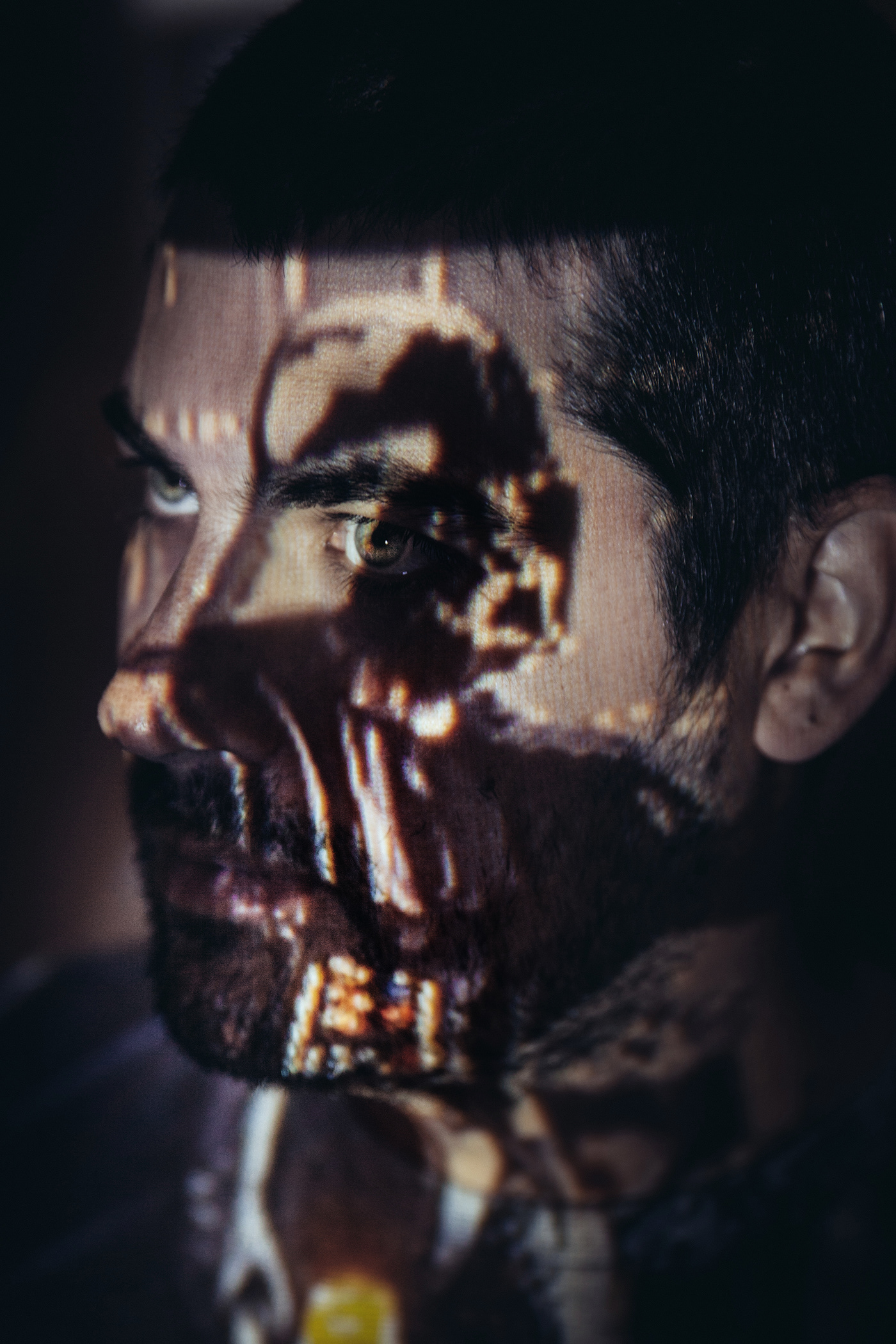
Lucamaleonte
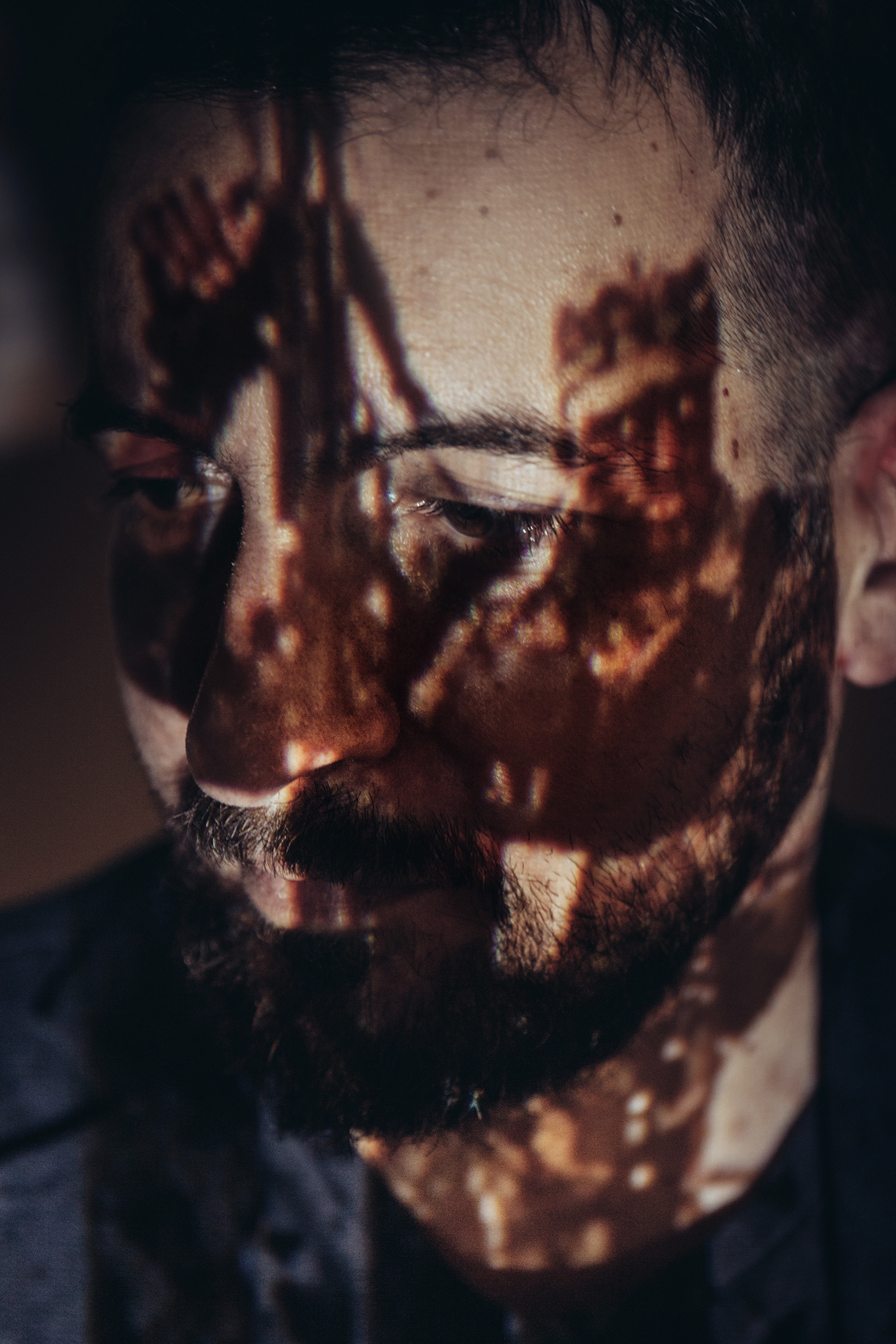


Max Vado
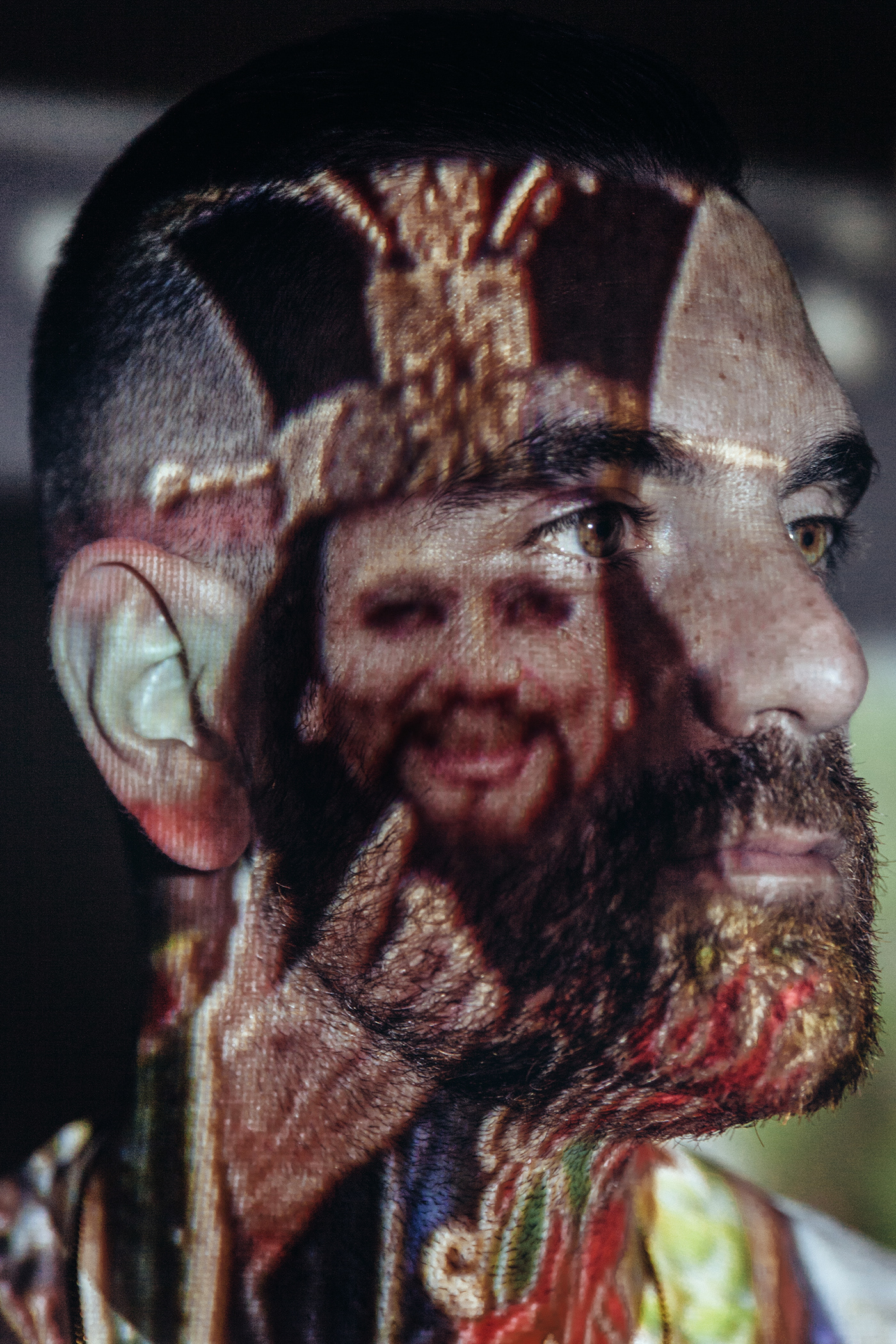

Luigi Di Capua



Alessandro Procoli


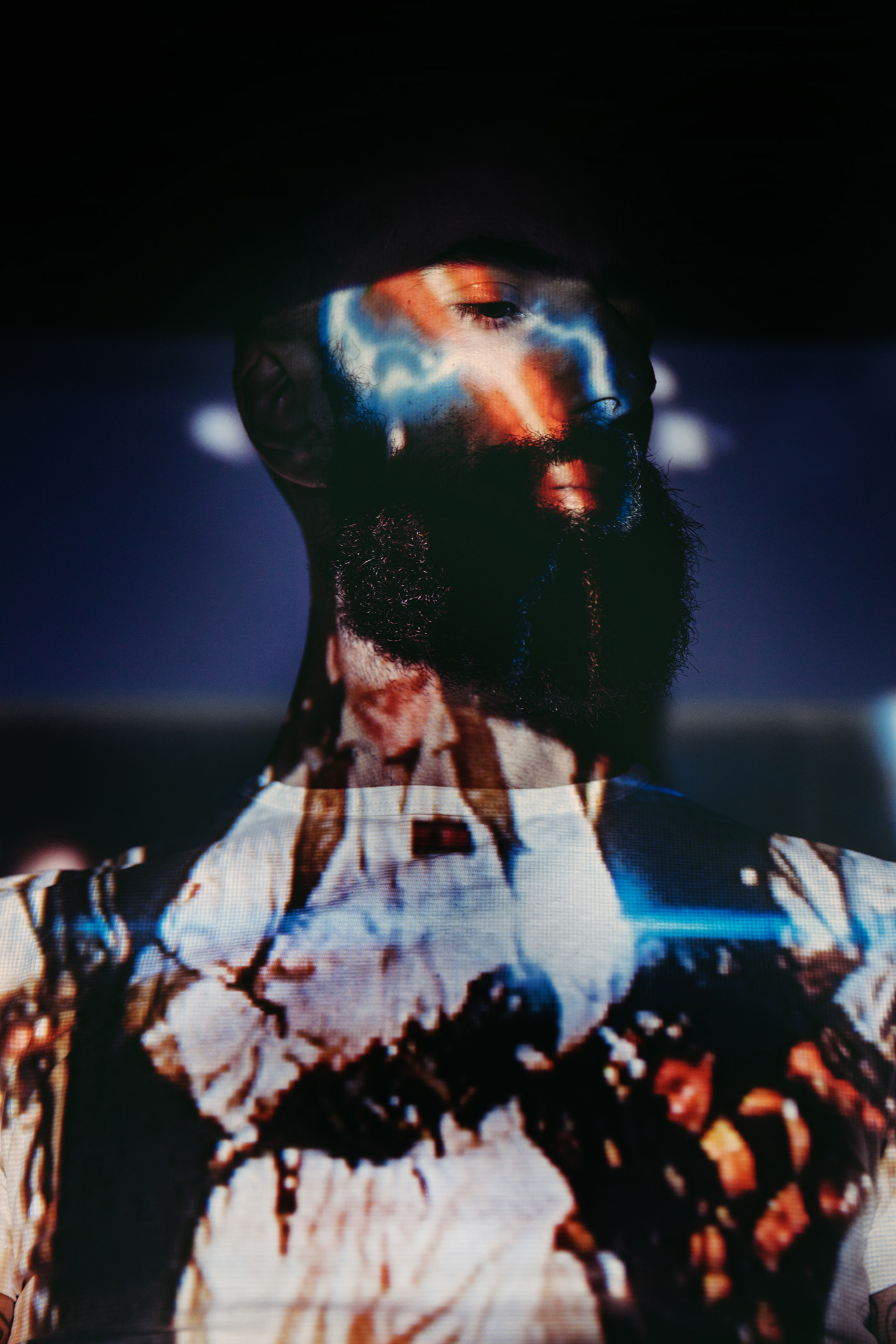


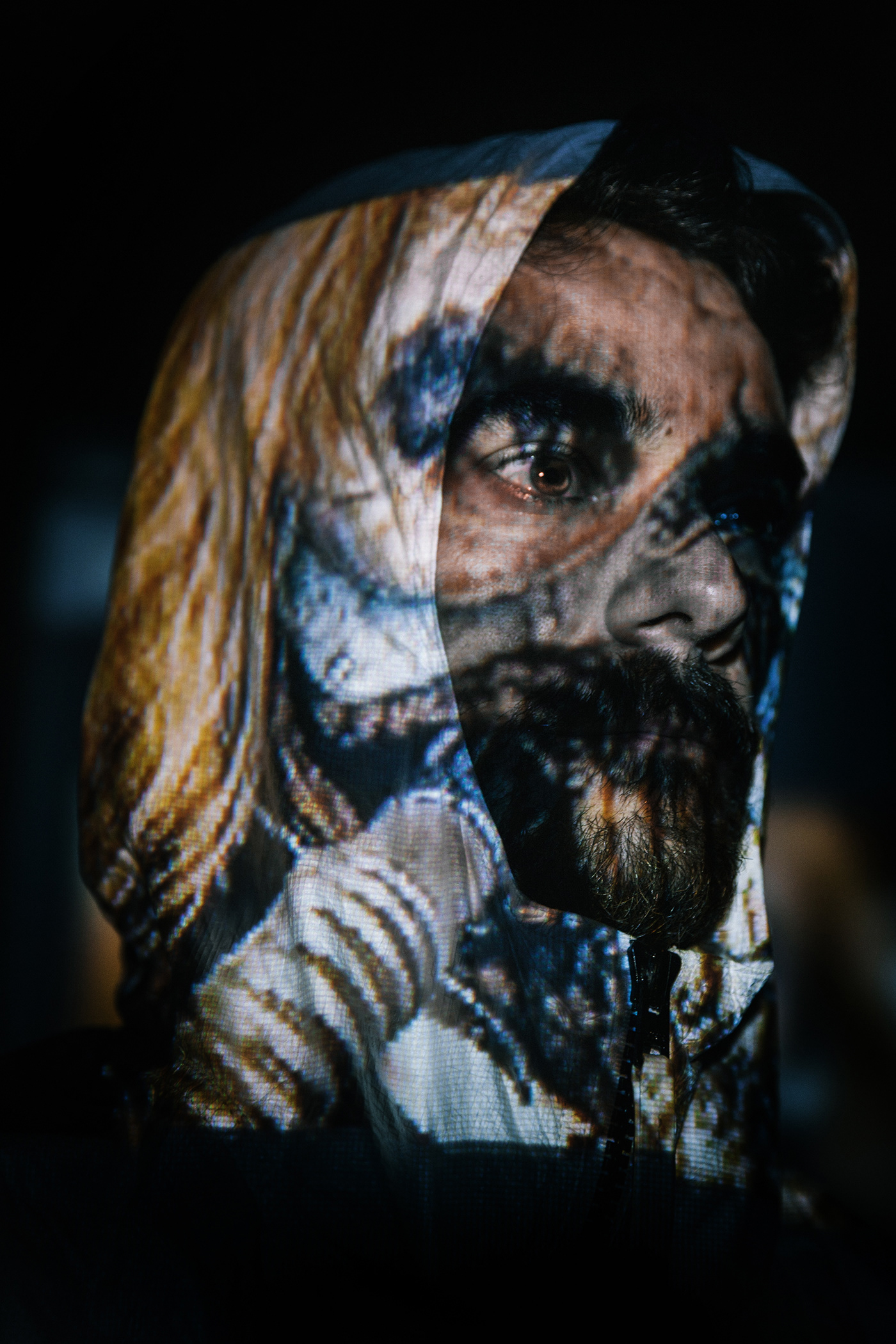
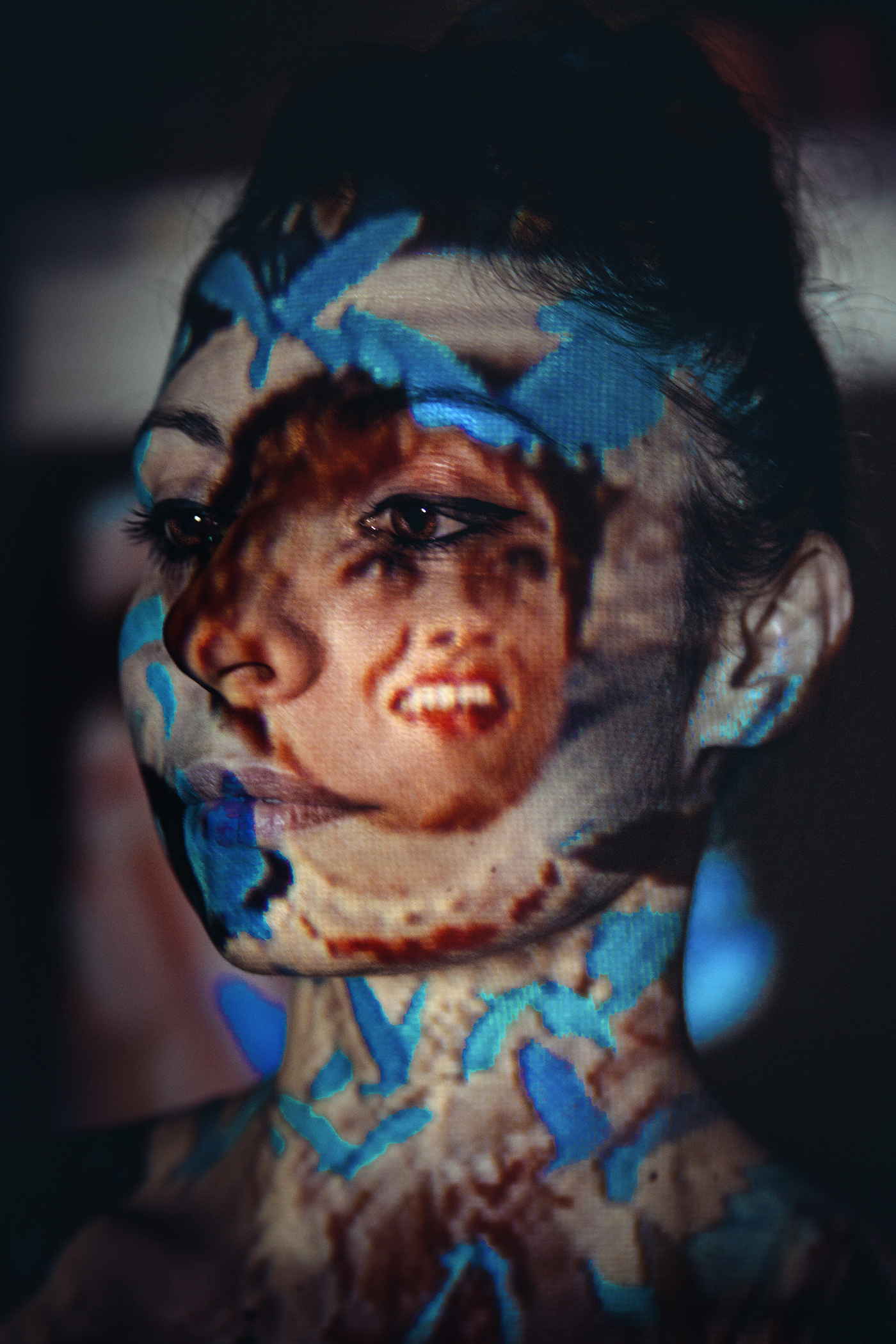





The term suspension of disbelief or willing suspension of disbelief has been defined as a willingness to suspend one's critical faculties and believe something surreal; sacrifice of realism and logic for the sake of enjoyment. The term was coined in 1817 by the poet and aesthetic philosopher Samuel Taylor Coleridge, who suggested that if a writer could infuse a "human interest and a semblance of truth" into a fantastic tale, the reader would suspend judgement concerning the implausibility of the narrative. Suspension of disbelief often applies to fictional works of the action, comedy, fantasy, and horror genres. Cognitive estrangement in fiction involves using a person's ignorance to promote suspension of disbelief.
... It was agreed, that my endeavours should be directed to persons and characters supernatural, or at least romantic, yet so as to transfer from our inward nature a human interest and a semblance of truth sufficient to procure for these shadows of imagination that willing suspension of disbelief for the moment, which constitutes poetic faith. Mr. Wordsworth on the other hand was to propose to himself as his object, to give the charm of novelty to things of every day, and to excite a feeling analogous to the supernatural, by awakening the mind's attention from the lethargy of custom, and directing it to the loveliness and the wonders of the world before us ...

